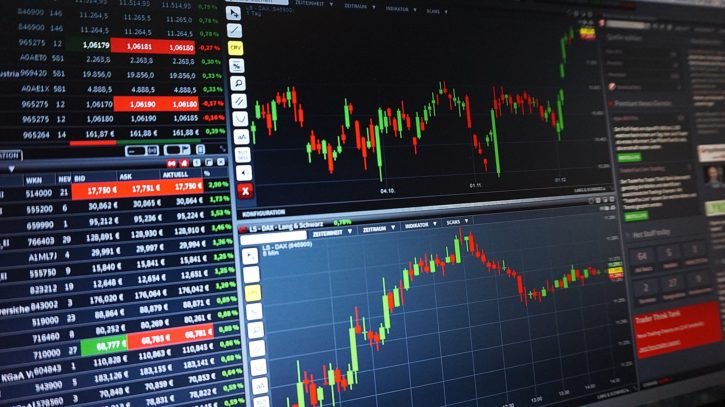Great question, so glad you asked.
A big securities exchange in Chicago on Sunday began selling Bitcoin futures for the first time, something seen by many as an important step toward mainstream usage. But what this really means for Bitcoin and its users is far from clear.
Futures contracts let traders bet on whether the price will rise or fall, without actually having to hold bitcoins. (Activity on Monday suggests that most expect the currency’s staggering price gains to slow in the coming months.) That will likely draw more traditional investors who are interested in Bitcoin but would like to avoid the hassle of storing the currency and keeping it secure from hackers.
Proponents of futures say they will increase transparency in the underlying market and could reduce Bitcoin’s volatility. Skeptics say the exchanges launching futures—CME and Nasdaq plan to soon follow the Chicago Board Options Exchange’s initial launch—are rushing the contracts to market without properly assessing the risk.
The new contracts make it easier to short Bitcoin, and it’s possible that short sellers could come to dominate the futures market, which would push the price down. On the other hand, as Bloomberg’s Matt Levine points out, “so far every expansion of Bitcoin access has had the opposite effect.”